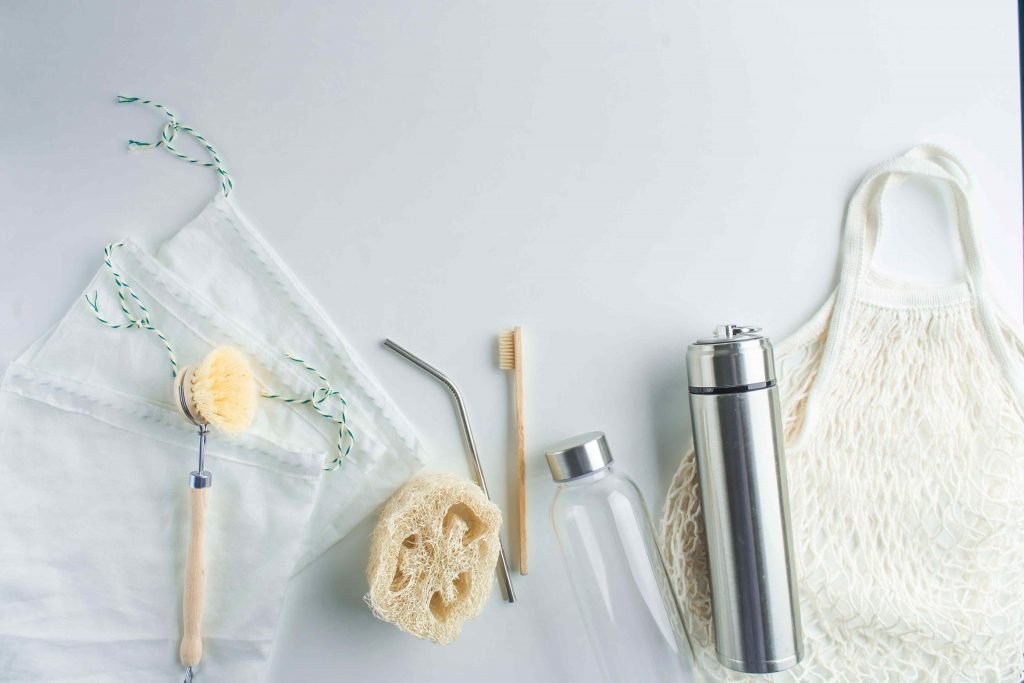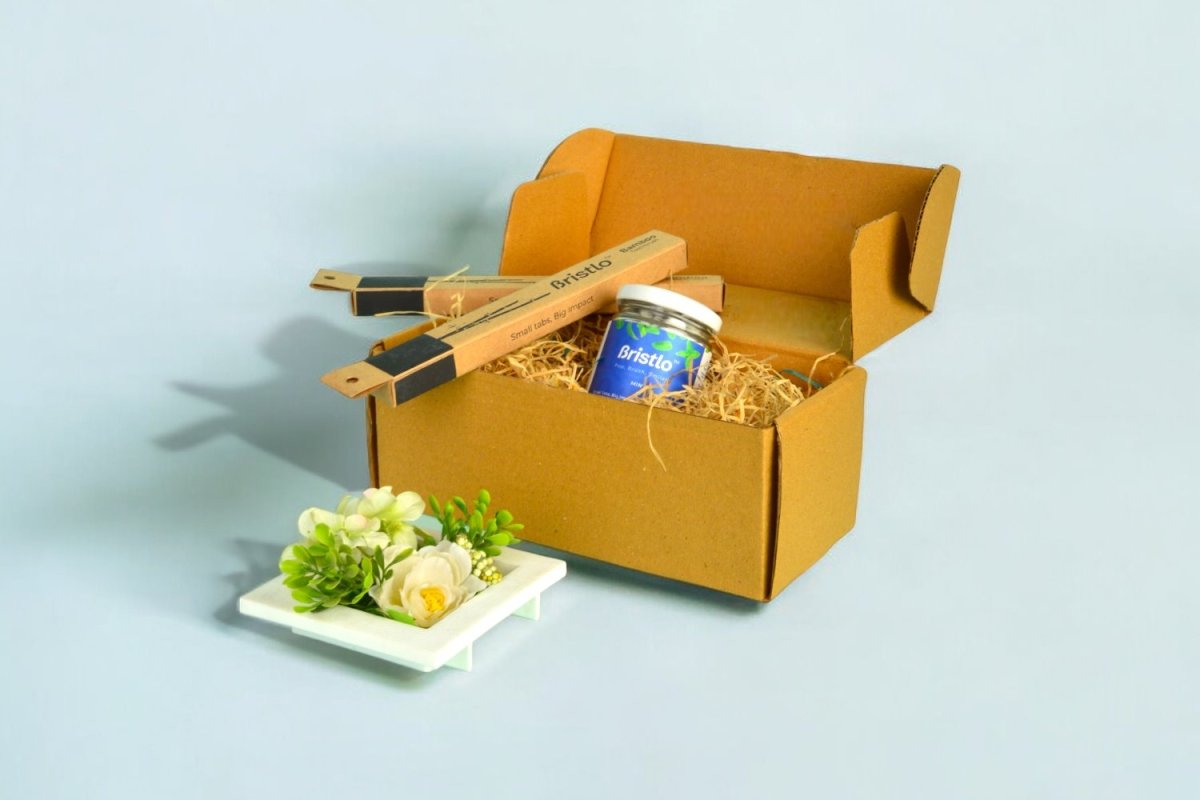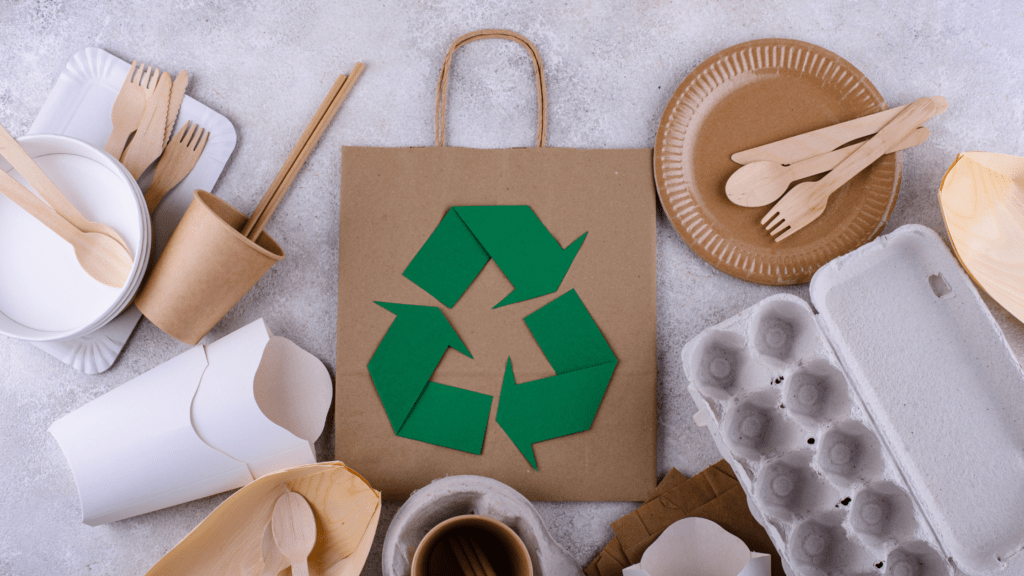Table of Contents
- What is a Zero-Waste Lifestyle?
- Why Go Zero-Waste?
- Start Small: Key Steps to Begin Your Zero-Waste Journey
- Eco-Friendly Alternatives for Everyday Products
- Sustainable Materials You Should Know
- Tips for Staying Motivated on Your Zero-Waste Journey
Did you know that India generates about 3.3 million metric tons of plastic waste annually, with over 40% of it never being recycled? This mounting waste not only strains landfills but also heavily impacts marine life and overall ecosystem health. The alarming statistics make it clear: we need a change. Adopting a Zero-Waste Lifestyle is one solution that allows each of us to make a positive impact.
1. What is a Zero-Waste Lifestyle?
It revolves around minimising the amount of waste sent to landfills, oceans, and other disposal systems by rethinking, reducing, reusing, and recycling waste. This movement not only promotes environmental sustainable living but also encourages the use of plastic-free alternatives in everyday life. By reducing waste at its source, we can play a crucial role in curbing pollution and preserving the planet’s resources.

2. Why Should You Consider Going Zero-Waste?
In India, improper waste management is a growing issue, with plastic and non-biodegradable items seeping into water supplies, contaminating soil, and affecting human and animal health. By adopting a Zero-Waste Lifestyle, individuals can help reduce pollution, conserve resources, and promote healthier communities. Additionally, a zero-waste approach encourages thoughtful consumption and sustainable living habits that can lead to a simpler, more fulfilling life.
3. Simple Steps to Start Your Zero-Waste Journey
Starting a zero-waste journey doesn’t have to be overwhelming. Here are some practical steps to begin:
- Audit Your Waste: Start by analyzing your daily trash. Identify single-use plastics, paper, and other disposable materials in your home. This helps you understand which areas need the most attention.
- The 5 R's: Embrace the principles of Refuse, Reduce, Reuse, Recycle, and Rot. Refuse what you don’t need, reduce what you consume, reuse whenever possible, recycle correctly, and compost organic waste.
-
Switch to Reusable Options: Begin with simple swaps like using a bamboo toothbrush instead of a plastic one. Bamboo is a sustainable material that is biodegradable and has natural antimicrobial properties, making it ideal for oral care.

4. Eco-Friendly Product Swaps
One of the easiest ways to transition to a zero-waste lifestyle is by replacing everyday items with eco-friendly and plastic-free alternatives. Here’s a list of common swaps to make:
|
Conventional Product |
Eco-Friendly Alternative |
|
Plastic toothbrush |
|
|
Traditional toothpaste |
|
|
Plastic bags |
Reusable cloth or jute bags |
|
Disposable razors |
Stainless steel safety razors |
|
Plastic straws |
Metal or bamboo straws |

Toothpaste tablets are a particularly effective swap. They come in plastic-free packaging and are convenient for travel. These tablets are simple to use; just pop one in your mouth, chew, and brush as usual. This switch not only reduces plastic waste but also aligns with sustainable living principles.
5. Sustainable Materials You Should Know
Choosing sustainable materials can help reduce environmental impact while encouraging responsible production and consumption. Here are some commonly used materials in zero-waste products:
- Bamboo: Known for its renewability and biodegradability, bamboo is used in products like bamboo toothbrushes and utensils. It grows quickly and requires minimal resources, making it an excellent substitute for plastic.
- Stainless Steel: For items like straws, lunchboxes, and razors, stainless steel is a durable and reusable choice. It’s resistant to rust, non-toxic, and perfect for a plastic-free lifestyle.
- Glass: A great alternative for storage containers and bottles, glass is recyclable and safer for the environment than plastic.
- Organic Cotton: This material is ideal for cloth bags, clothing, and other products. Unlike synthetic fibres, organic cotton decomposes naturally and has a lower environmental footprint.
Using these eco-friendly materials in your home reduces waste and contributes to a healthier planet.
5. Tips for Staying Committed to a Zero-Waste Lifestyle
Sticking with a Zero-Waste Lifestyle can be challenging initially, but the benefits make it worth the effort. Here are some tips to help you stay motivated:
- Set Manageable Goals: Instead of trying to eliminate all waste immediately, set small, achievable goals. For instance, aim to reduce plastic waste in one area of your life each month.
- Educate Yourself: Keep learning about sustainable living practices and eco-friendly alternatives. The more you know, the easier it will be to make informed choices.
- Join a Community: Engage with others who are also on a zero-waste journey. Community support can inspire you, give you ideas, and keep you accountable.
- Track Your Progress: Reflect on the waste you've reduced and the sustainable habits you've developed. This can help reinforce the positive impact you're making on the environment.

Final Thoughts
Adopting a Zero-Waste Lifestyle doesn’t require perfection—every small step counts. From swapping plastic with eco-friendly alternatives to using sustainable materials like bamboo and organic cotton, making thoughtful choices can significantly reduce your environmental impact. By gradually incorporating these habits into your daily life, you’re not only protecting the planet but also promoting a simpler, healthier, and more meaningful way of living.





Leave a comment
All comments are moderated before being published.
This site is protected by hCaptcha and the hCaptcha Privacy Policy and Terms of Service apply.